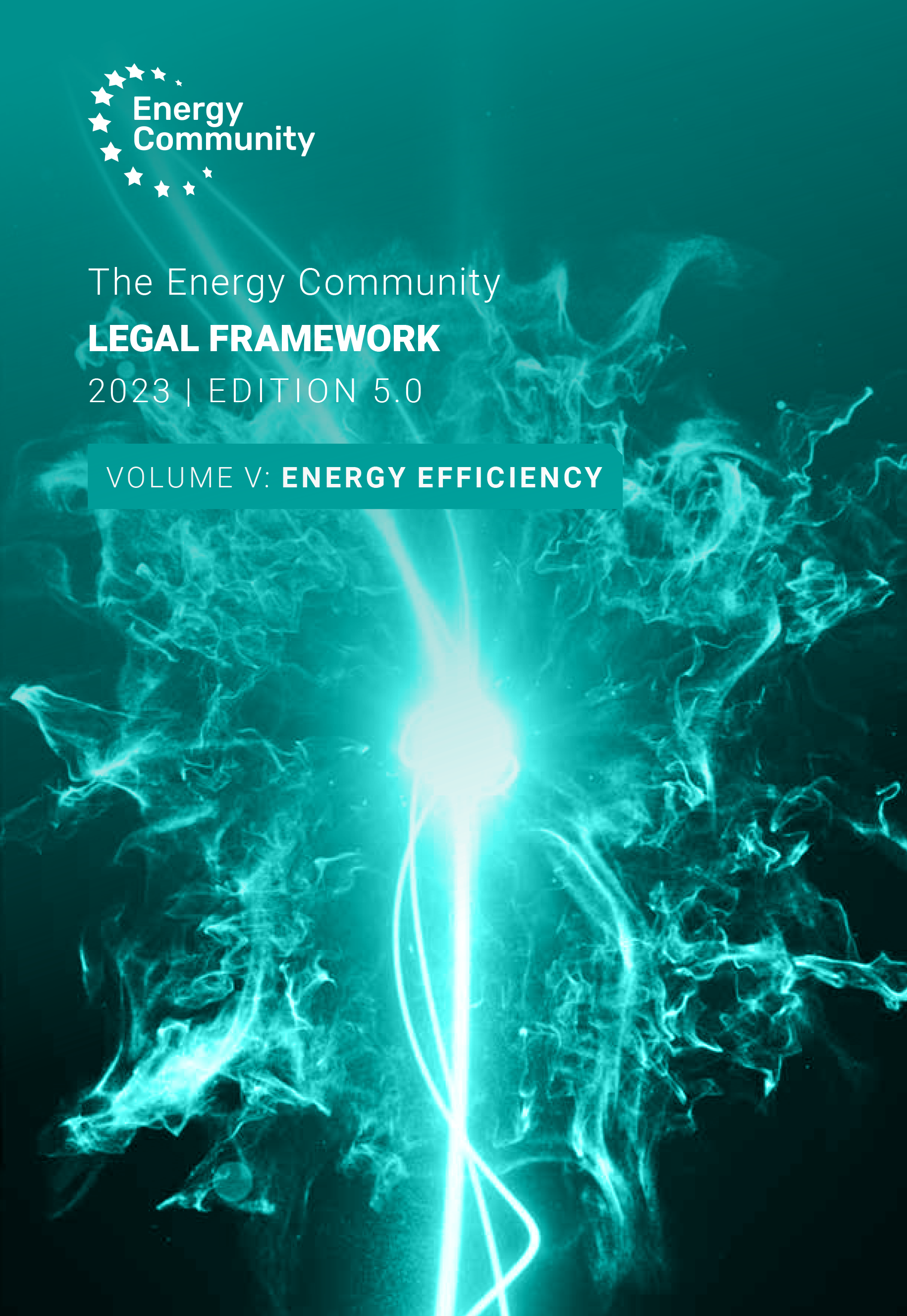-
Tasks and composition
Tasks, and composition
The Group brings together representatives of
- ministries and agencies in charge of energy efficiency from Contracting Parties and Observer countries;
- the European Commission; and,
- the donors community
- the donors community (European Bank for Reconstruction and Development, World Bank, European Investment Bank, KfW, GIZ, USAID, EU4ENERGY, etc.).
The key task of the Energy Efficiency Coordination Group (EECG) is to facilitate the transposition of energy efficiency acquis into national legislation and support their effective implementation in practice. In parallel, the EECG plays an important role as an initiator, coordinator and implementation partner of diverse regional technical assistance and investment programmes.
Filter By:
Show filtersDocument Name Published on 06.08.2022 -
Work Programme
Work Programme
The EECG Work Programme 2023-2024 includes ten expert areas grouped in four chapters:
- Implementation of the Energy Efficiency Directive, including the new amending Directive (EU) 2018/2002, adopted by the Energy Community in November 2021,
- Energy efficiency in buildings (focusing on implementation of EPBD and Building Renovation Strategies)
- Energy labelling and eco-design,
- Horizontal and cross-cutting issues.
It continues the work undertaken under the Work Programme 2021-2022 and follows example of EU Concerted Actions to support the effective implementation of energy efficiency directives.
Joint activities with Renewable Energy and Energy and Climate Coordination Groups are planned on NECPs, decarbonisation measures, integrated reporting, financing, information and training.
Filter By:
Show filtersDocument Name Published on 05.05.2023 -
Energy efficiency acquis
Energy efficiency acquis

It is the task of the Energy Efficiency Coordination Group is to facilitate the transposition of energy efficiency acquis into national legislation and support their effective implementation in practice.
The first energy efficiency acts were incorporated into the Energy Community acquis in 2009. To stay on track with the evolution of European Union law, more than ten further Ministerial Council decisions have expanded, replaced and repealed the legal framework. The Energy Community Legal Framework Volume V below lists the energy efficiency acquis in force.
Filter By:
Show filtersDocument Name Categories Published on 06.10.2023 -
Policy Guidelines
Policy Guidelines
Document Name Categories Institution Published on Energy efficiencySecretariat23.07.2020Energy efficiencySecretariat18.12.2023Energy efficiencySecretariat15.12.2023 -
Discussion papers
Discussion papers
Document Name Published on 29.04.202127.09.202112.10.2021

